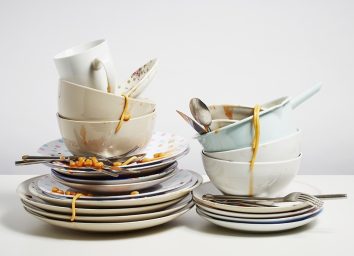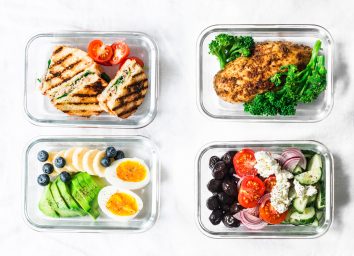10 Simple Habits To Change For a Healthier 2019, According to Experts

We’re getting close to the new year, which means it’s time to start thinking about ways you can become a healthier—and ultimately happier—version of yourself. There are simple habits you do every day that you can easily change that can have a huge impact on your overall health. These smart life upgrades can do wonders for your overall well-being and health, and even tiny changes can really make a difference.
Because we know time’s ticking, we reached out to a slew of registered dietitians and doctors for easy tips and tricks to help you kick off the new year strong. See what healthy habits these experts say can improve the quality of your life. Here’s to a brand-new you in 2019!
Instead of filling your plate with empty calories, enhance your meals with fruits and veggies
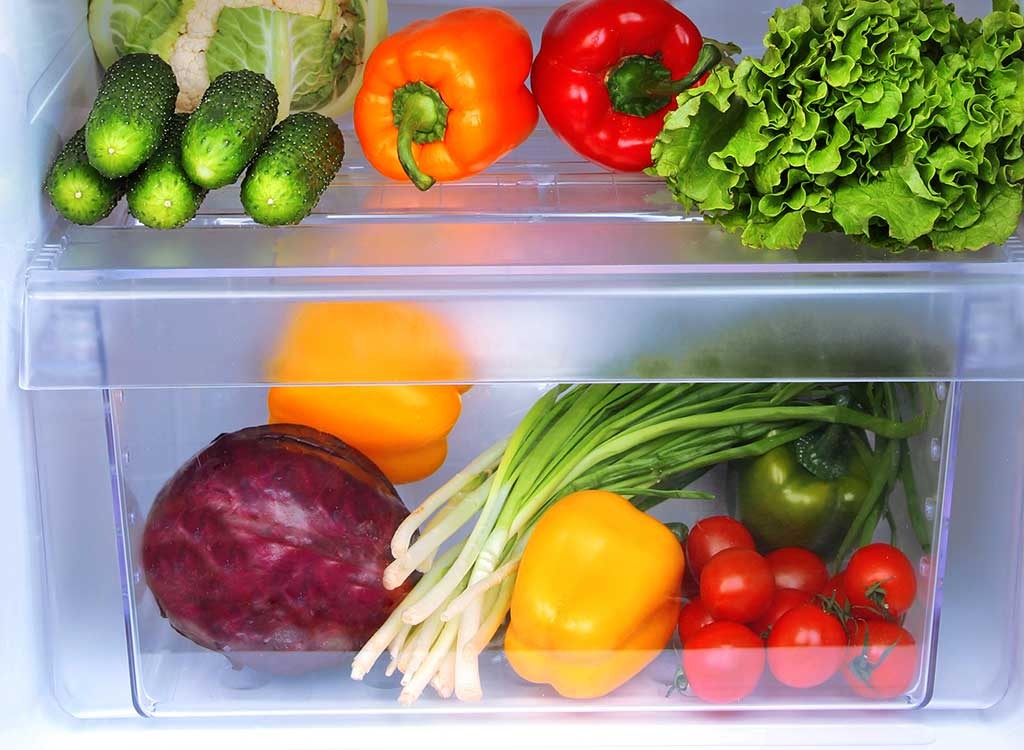
“Eat more vegetables and fruit—9 out of 10 Americans are not eating nearly enough. They aid in our digestion, deliver a variety of important nutrients, fill us up, and can even protect us against certain chronic illnesses and diseases. At breakfast, top your oatmeal with a cup of berries, and at lunch or dinner, order a few sides or appetizers to ensure that 50 percent of your plate is filled with veggies.”
— Maria Marlowe, certified integrative nutrition health coach and author of The Real Food Grocery Guide
“I love swapping out white bread toast for sweet potato toast: literally slicing a sweet potato lengthwise and popping it in the oven or toaster. You can pre-bake half a dozen slices in your oven and keep them in the fridge to lightly toast whenever you’re ready to eat.”
—Madeline Given, certified nutrition consultant, author of The Anti-Inflammatory Diet Cookbook
Stop believing all fat is bad and eat more of the “good” kind
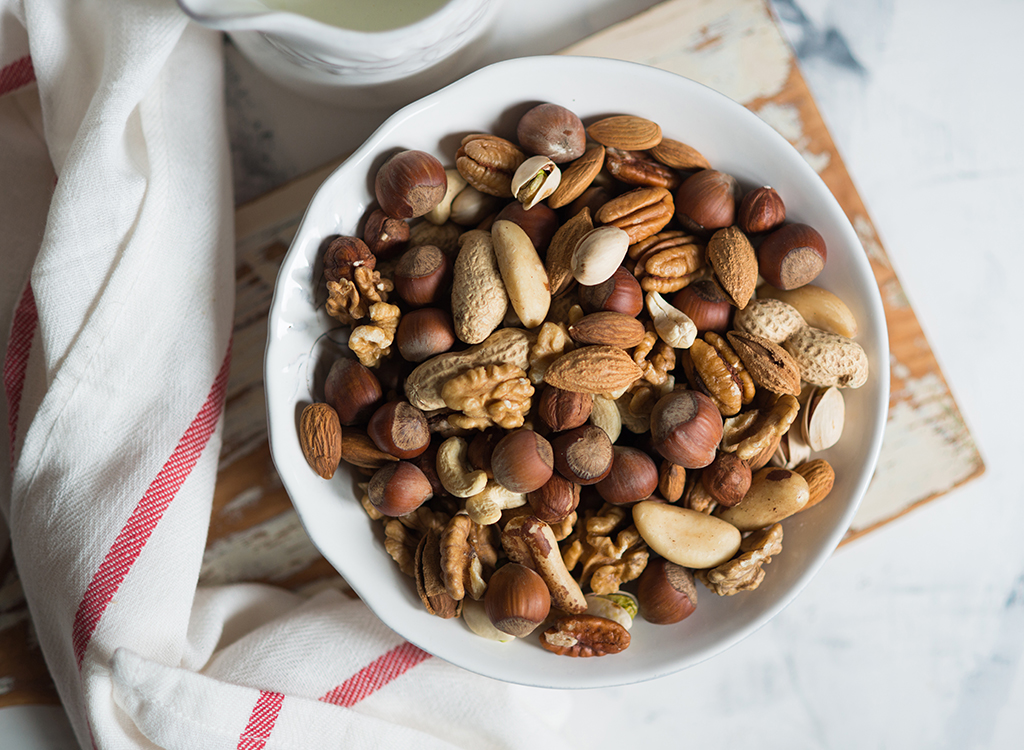
“Many of us still suffer from the ‘low-fat hangover’ of the 1980s and ’90s—the time when everything low-fat was promoted as healthy. We know the truth now: The food producers simply replaced fat with sugar, which was no more healthy. In many cases, the sugar turned out to be even worse for our health than the fat it replaced. Plus, we now know some fats are good for us. Enjoy nuts, avocados, and olive oil to boost your intake of healthy fats. They keep you satisfied and full longer, too. This can help you stick to your healthy eating plan.”
— Suzanne Dixon, MPH, MS / registered dietitian with The Mesothelioma Center
Stop rushing through your morning and make time to meditate

“One way to slowly change your mood throughout the day is to start your morning with five minutes of uninterrupted mediation. Daily meditation has a host of health benefits, including a lower risk of heart disease, obesity, and other stress-related lifestyle diseases.”
— Dr. Garth Graham, MD, MPH, president of the Aetna Foundation
Don’t skip exercise—you can spare 15 minutes to sweat

“Set small exercise goals. Don’t have an hour to exercise? Don’t need it. Exercise benefits are cumulative. Aim for 15 minutes each morning to kick start, and set your intentions for the day. Getting it out of the way first thing in the morning makes it more likely it will get done. Walking is a good place to start, or try a tabata or HIIT routine if you are already fit.”
— Tina Marinaccio, MS, RD, CPT / registered dietitian nutritionist
Stop taking advice from your friends about supplements and ask a medical professional instead

“Start taking the right vitamins. While figuring out what to take can seem overwhelming, as a physician of internal medicine and vitamin expert, I would suggest that there are some easy solutions out there. We are not all the same and should not take the same things. So stop listening to your friends and neighbors about what they take. Instead, look to legitimate medical sources to help guide you. It turns out that a personalized approach is the best way to get exactly the nutrients you need. Taking a personalized multivitamin that is based on your diet, your lifestyle, and your health concerns can make you feel better, more energetic, and address preventive health issues.”
— Arielle Levitan, MD, co-founder Vous Vitamin LLC
Reconsider happy hour and cut back on late-night drinks

“Alcohol can make you drowsy, but it inhibits your ability to get quality deep sleep later at night. Ideally, don’t have any drinks 90 to 120 minutes before bedtime. This will allow enough time for your body to metabolize alcohol before your body transitions into the deep stages of sleep.”
— Dr. Mike Roussell, PhD, co-founder of Neutein
Put down your phone game and download an app that helps you stick with your health goals

“Take advantage of technology to help you meet your health goals. There are so many great apps available to help you increase your health habits. The HowUdish app can help you find restaurant meals that align with your dietary goals. There are other apps that remind you to drink water or help you to de-stress and meditate. Use them!”
— Summer Yule, MS, RDN
Instead of take-out for dinner, plan to meal prep on weekends
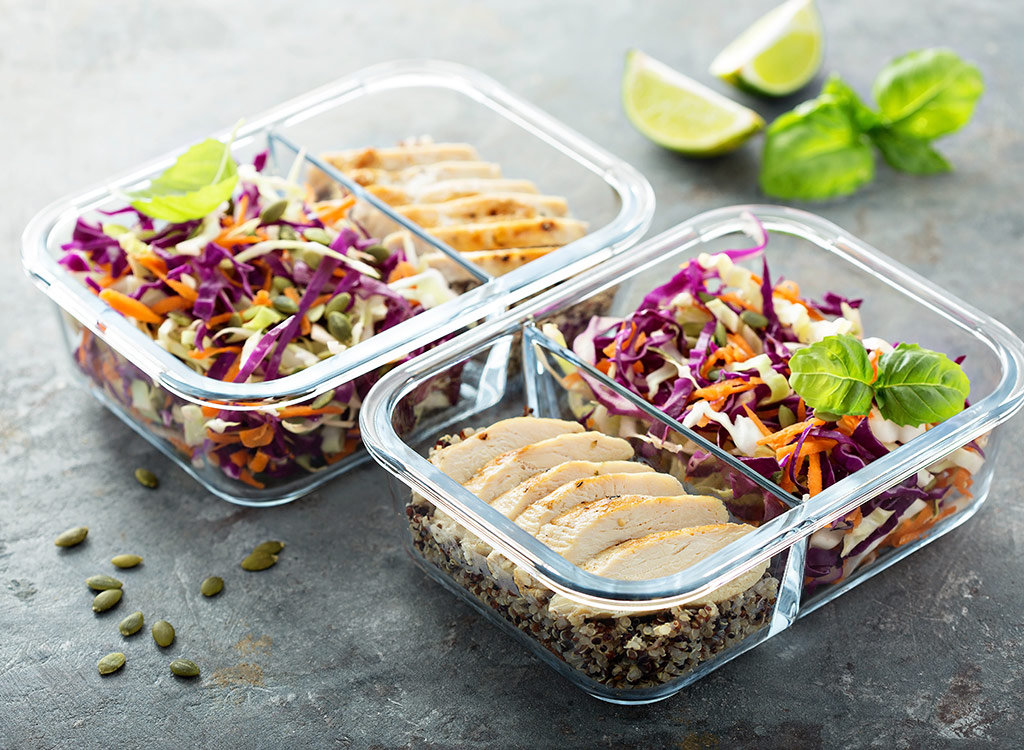
“Setting aside a little bit of time on the weekends to plan your menu for the week ahead will help ensure you have balanced meals on your table throughout the week.”
— Jessica Levinson, MS, RDN, CDN, author of 52-Week Meal Planner
Change your salad order to a healthier version
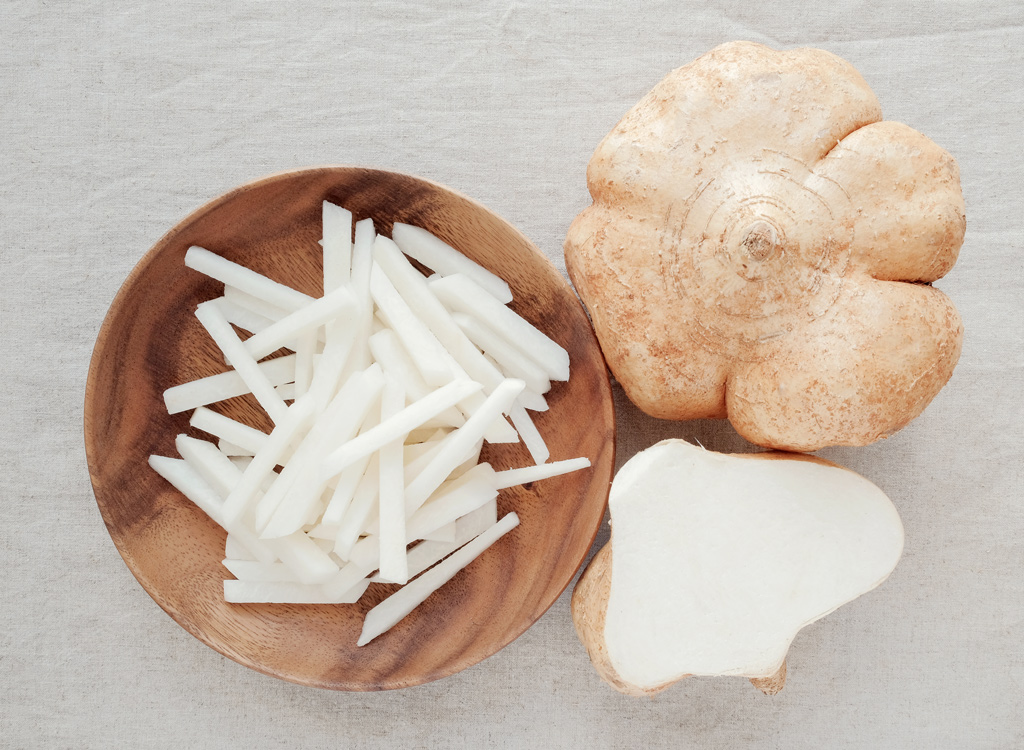
“Swap croutons and tortilla strips for slices of jicama on your salad. This crisp veggie is a great substitute for the higher-calorie, lower-quality crunchy ingredients on your salad.”
— Melissa Rifkin, RD for Muuna Cottage Cheese
Stop rushing through meals and take time to enjoy your food
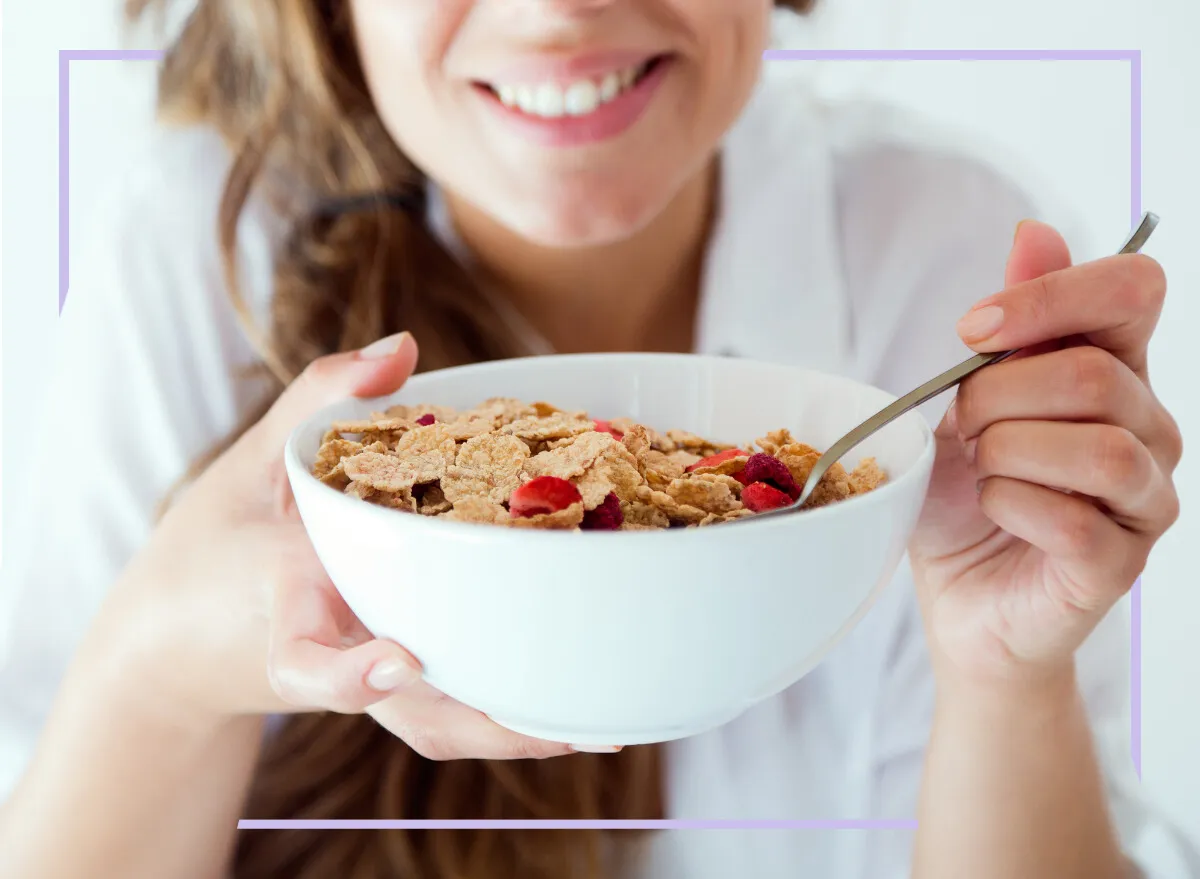
“We are a fast food society: We wolf down our food and hardly ever chew it completely. In general, we are in a rush, or distracted by the television, cable, the internet, Netflix, etc. We don’t think about how we eat. But we need to. You really need to try to turn off all electronics while eating. Seriously. It distracts you and you chew your food about 50 percent less when your mind is elsewhere. Chewing your food is the first step in the digestive process. Do your best not to do anything that distracts—driving, working, reading the paper, or the above-mentioned electronics—while you are eating. And one thing I would encourage you to do is to eat with family and/or friends. This adds a unique level of health to your eating that is very hormonal and neurotransmitter friendly.”
— Dr. Warren Willey, author of What Does Your Doctor Look Like Naked? Your Guide To Optimal Health
For more healthy eating habits, check out 21 Eating Habits That Help You Shed Weight—Without Depriving Yourself.
